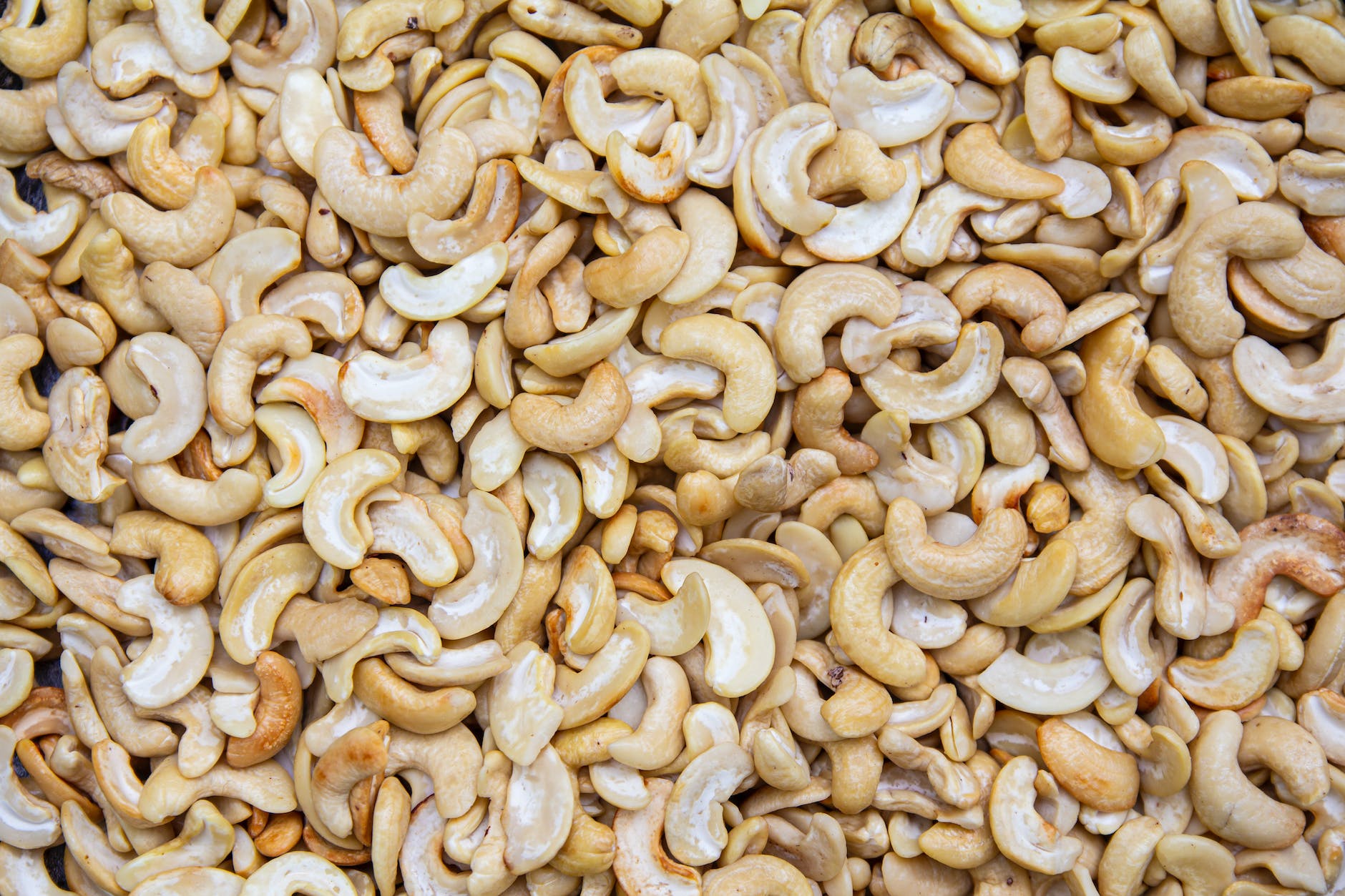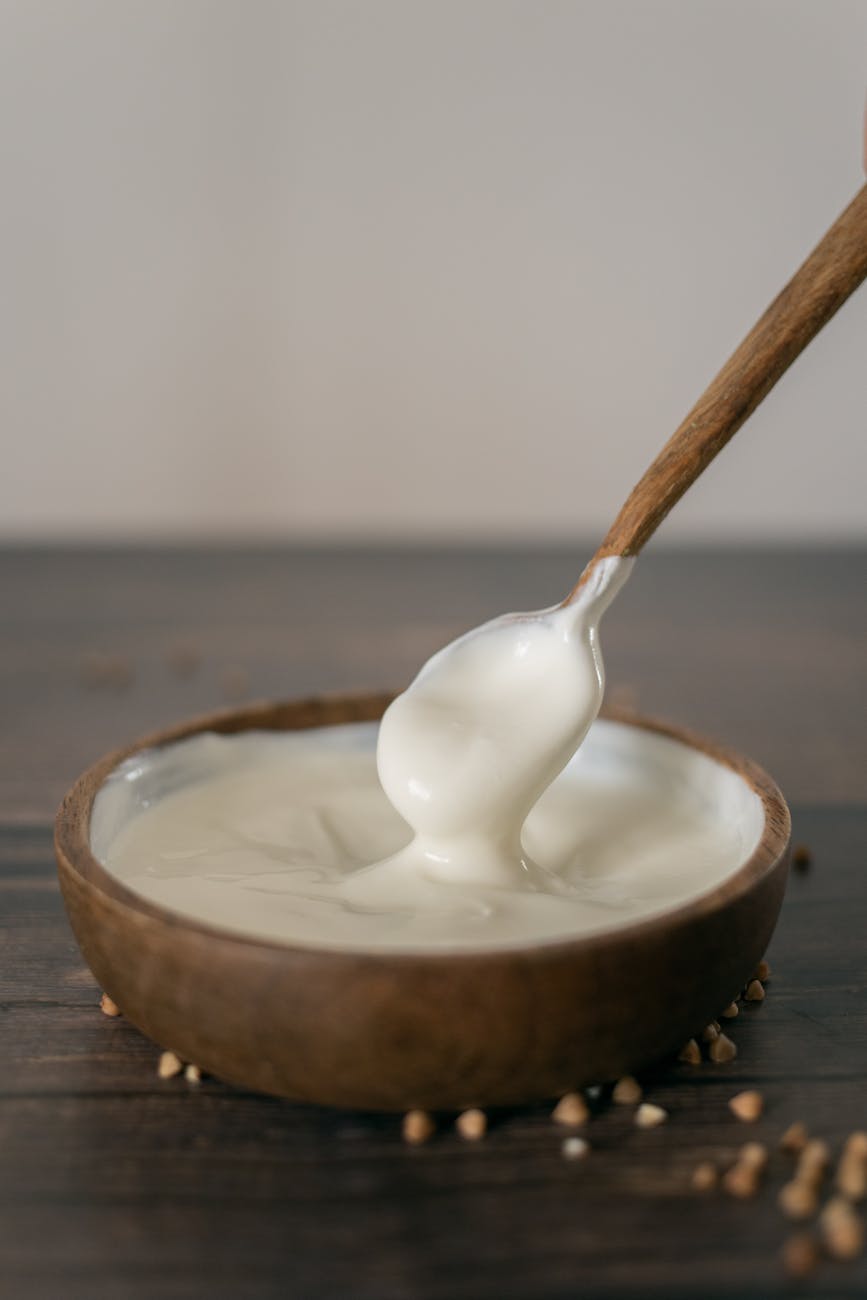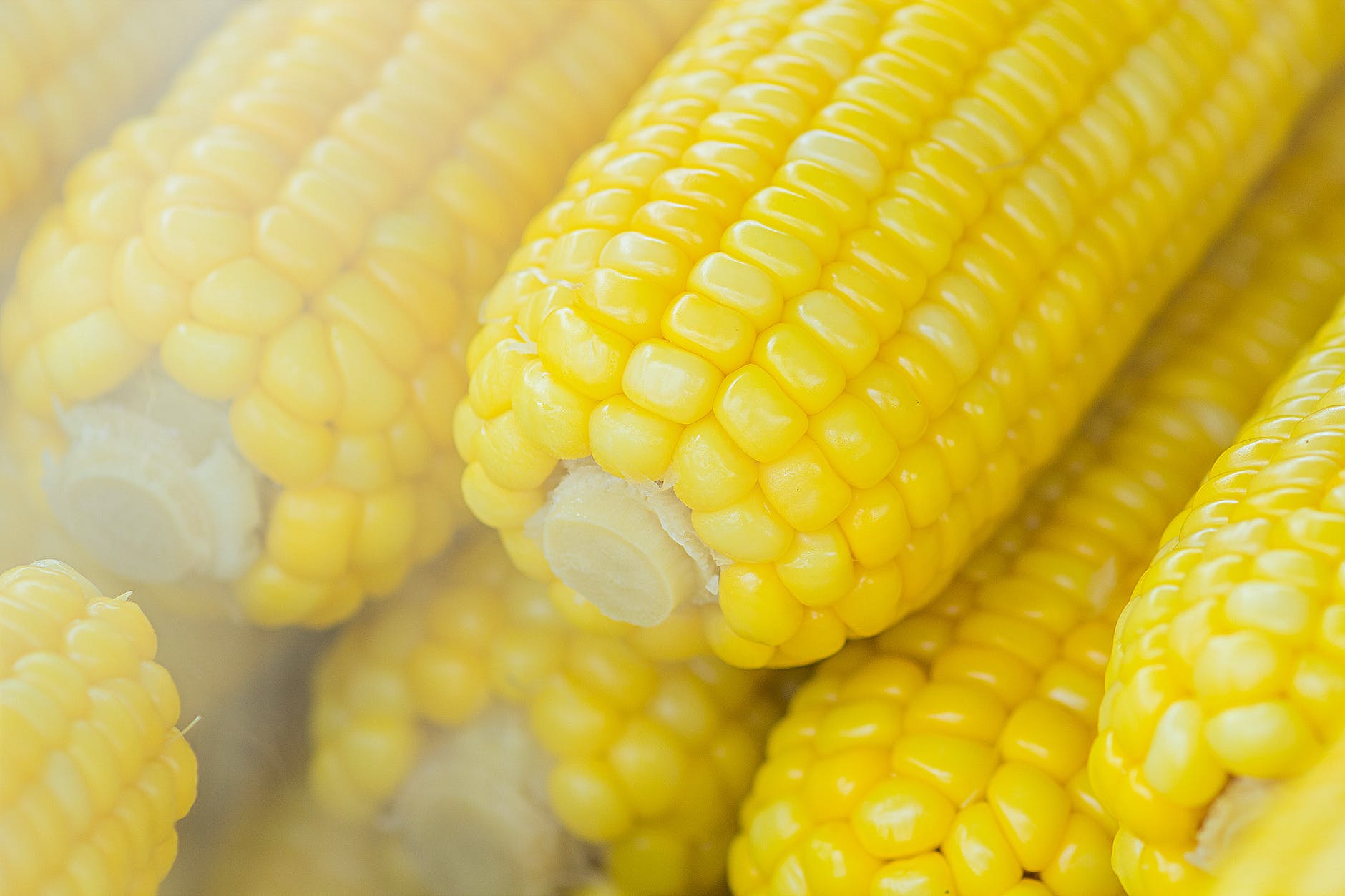
In the world of nutrition, few duos are as harmonious as pineapple and cucumber. These two fruits complement each other not only in taste but also in the myriad of health benefits they offer. In this blog post, we’ll delve into the fascinating world of pineapple and cucumber, exploring their unique qualities and how they work together to boost your well-being.
Pineapple: A Tropical Delight with Nutritional Goodness
Pineapple is not just a delightful tropical fruit; it is a nutritional powerhouse that brings a burst of flavor and health benefits to your plate. Let’s delve deeper into why you should make pineapple a regular part of your diet:
- Rich in Vitamin C: Pineapple is loaded with Vitamin C, an essential nutrient known for its immune-boosting properties. Regular consumption of pineapple can help strengthen your immune system and protect your body against various infections.
- Digestive Aid – Bromelain: One of the key components of pineapple is bromelain, a group of enzymes that aids in digestion. Bromelain helps break down proteins and supports a healthy digestive system, reducing bloating and discomfort.
- Anti-Inflammatory Properties: Bromelain also exhibits powerful anti-inflammatory properties, which can help alleviate inflammation in the body. It may be particularly beneficial for individuals with inflammatory conditions such as arthritis.
- Manganese Content: Pineapple is an excellent source of manganese, a trace mineral essential for bone health, collagen production, and enzyme function.
- Rich in Fiber: Pineapple contains dietary fiber that promotes regular bowel movements and supports gut health.
Cucumber: The Ultimate Hydrator and Low-Calorie Snack
Cucumber is not only incredibly refreshing but also offers an array of health benefits. Here’s why you should add cucumber to your daily diet:
- Hydration Booster: Cucumber is composed of about 95% water, making it an excellent choice to keep you hydrated, especially during hot summer days. Staying well-hydrated is essential for overall health and maintaining optimal body functions.
- Low in Calories, High in Nutrients: If you’re watching your calorie intake, cucumber is a fantastic option. It is low in calories but rich in essential nutrients like potassium, magnesium, and Vitamin K. These nutrients contribute to heart health, muscle function, and bone health.
- Freshens Breath: Cucumber’s high water content stimulates saliva production, which helps wash away bacteria in the mouth and freshens your breath naturally.
- Supports Skin Health: Cucumbers contain silica, a compound that promotes skin health by supporting collagen production and keeping the skin hydrated.
- Anti-Inflammatory and Antioxidant Properties: Cucumbers contain antioxidants such as beta-carotene and flavonoids that help fight inflammation and oxidative stress.
- Promotes Weight Management: Due to its low calorie and high water content, cucumber is an excellent choice for those looking to manage their weight.
A Perfect Detox and Cleanse Duo: Pineapple and Cucumber
When combined, pineapple and cucumber create a powerful duo for detoxifying and cleansing the body:
- Pineapple’s Bromelain Breaks Down Toxins: Bromelain in pineapple is known for its ability to break down toxins and waste products in the body, promoting better detoxification.
- Cucumber Flushes Out Impurities: Cucumber’s high water content acts as a natural diuretic, helping to flush out toxins and impurities through urine. This aids in cleansing the urinary system.
- Alkalizing Properties: Both pineapple and cucumber have alkalizing properties, which can help balance the body’s pH levels and support a healthy internal environment.
The Magic of Pineapple Cucumber Juice: Refreshing and Nutrient-Packed
Creating a revitalizing juice by blending pineapple and cucumber is a wonderful way to enjoy their health benefits. Here’s why pineapple cucumber juice is a must-try:
- Hydrates and Detoxifies: Pineapple cucumber juice is incredibly hydrating, thanks to the high water content of both fruits. It helps keep you refreshed and well-hydrated throughout the day.
- Natural Energy Boost: This juice is a natural source of essential vitamins and minerals, such as Vitamin C, Vitamin K, and potassium, which provide a natural energy boost.
- Rich in Antioxidants: The combination of pineapple and cucumber provides a healthy dose of antioxidants, which help neutralize free radicals and protect your cells from oxidative damage.
- Supports Skin Health: The high Vitamin C content in pineapple cucumber juice supports collagen production and contributes to healthy, radiant skin.
- Aids in Weight Management: The low calorie and nutrient-rich nature of the juice make it a great addition to your weight management journey.
The Blissful Pineapple Cucumber Smoothie: Creamy and Nutrient-Rich
For a more substantial and creamy option, consider blending pineapple and cucumber into a delicious smoothie:
- Pre or Post-Workout Delight: The smoothie’s nutrient density makes it an ideal pre or post-workout beverage, providing your body with the necessary nutrients to fuel your fitness journey.
- Family-Friendly: The creamy texture of the smoothie appeals to both kids and adults, making it a family-friendly treat that even picky eaters will love.
- Customizable and Versatile: You can easily customize the smoothie by adding other fruits, greens, or protein sources to suit your taste and nutritional needs.
Detox and Cleanse: A Nourishing Journey
Incorporating pineapple and cucumber into your detox journey offers an array of health benefits:
- Hydration and Nutrients: The high water content of cucumber and the richness of vitamins in pineapple contribute to overall hydration and nourishment during your cleanse.
- Digestive Support: Pineapple’s bromelain and cucumber’s fiber content support healthy digestion and regular bowel movements, aiding in detoxification.
- Elimination of Toxins: The combination of pineapple’s enzymes and cucumber’s diuretic properties helps eliminate toxins and waste from the body.
- Alkalizing the Body: Both pineapple and cucumber have alkalizing effects, promoting a balanced pH level and creating an environment less conducive to harmful microorganisms.
Frequently Asked Questions (FAQs)
1. What are the health benefits of pineapple and cucumber together?
Combining pineapple and cucumber provides a range of health benefits, including hydration, digestive support, immune system boost, and antioxidant protection.
2. Can pineapple and cucumber juice help with weight management?
Yes, pineapple cucumber juice can be beneficial for weight management due to its low calorie and nutrient-dense nature, making it a healthy and refreshing beverage option.
3. Are there any potential side effects of consuming pineapple cucumber juice?
While pineapple and cucumber are generally safe for most people, excessive consumption may lead to digestive discomfort in some individuals. Moderation is key.
4. Can pineapple cucumber smoothies be a good pre or post-workout option?
Absolutely! Pineapple cucumber smoothies offer a great mix of hydration, natural energy, and essential nutrients, making them an excellent choice for pre or post-workout nourishment.
5. How do pineapple and cucumber contribute to detoxification and cleansing?
Pineapple’s bromelain helps break down toxins, while cucumber’s high water content acts as a natural diuretic, promoting detoxification through urine.
6. Can pineapple cucumber juice aid in skin health?
Yes, the high Vitamin C content in the juice supports collagen production, contributing to healthy and radiant skin.
7. Are there any specific recipes for pineapple cucumber juice and smoothies?
There are countless delicious recipes available online. Experiment with different fruit combinations, add greens or herbs, and adjust sweetness to suit your taste preferences.
8. Can pregnant women consume pineapple cucumber juice?
Pregnant women can enjoy pineapple and cucumber in moderate amounts, but it’s essential to consult with a healthcare professional for personalized advice.
9. Does pineapple cucumber juice help with hydration?
Yes, both pineapple and cucumber are high in water content, making the juice an excellent hydrating option, especially during hot weather or after physical activity.
10. Are there any potential allergens in pineapple cucumber juice?
While pineapple and cucumber are not common allergens, individuals with known allergies to these fruits should avoid consuming the juice.
11. Can pineapple cucumber juice be beneficial for digestive health?
Yes, the bromelain in pineapple and the fiber in cucumber contribute to healthy digestion and support regular bowel movements.
12. Can pineapple cucumber juice be a part of a balanced diet?
Absolutely! Pineapple cucumber juice, when consumed as part of a well-balanced diet, provides valuable nutrients and hydration.
13. Are there any particular health conditions where pineapple cucumber juice should be avoided?
Individuals with certain medical conditions, such as kidney issues or allergies, should consult with a healthcare professional before incorporating pineapple cucumber juice into their diet.
14. Is pineapple cucumber juice a suitable option for improving skin complexion?
The Vitamin C and hydrating properties of pineapple cucumber juice can contribute to skin health and a more radiant complexion.
15. Can pineapple cucumber juice help with reducing inflammation?
Pineapple’s bromelain possesses anti-inflammatory properties, which, combined with cucumber’s hydrating effects, can help reduce inflammation in the body.
16. Can children enjoy pineapple cucumber juice?
Yes, children can enjoy this delicious and nutritious beverage, but parents should be mindful of portion sizes and any individual sensitivities.
17. Can pineapple cucumber juice be used as a base for smoothies with added ingredients?
Absolutely! Pineapple cucumber juice can serve as a fantastic base for smoothies, allowing you to add various fruits, vegetables, and supplements to enhance its nutritional value.
18. Are there any alternative ways to consume pineapple and cucumber together?
Yes, you can enjoy them sliced, diced, or blended into salads, salsas, or as a topping for yogurt or ice cream.
19. Can pineapple cucumber juice be beneficial for the hair?
While pineapple cucumber juice provides essential vitamins, minerals, and hydration that promote overall health, specific benefits for hair require further research.
20. Does pineapple cucumber juice have any impact on blood sugar levels?
Pineapple has a higher natural sugar content, so individuals with diabetes should monitor their intake and consider consuming the juice in moderation.
Remember, always consult with a healthcare professional before making significant changes to your diet or if you have specific health concerns. Enjoy the goodness of pineapple and cucumber in various forms, and savor their unique flavors and health benefits.
Conclusion: A Refreshing Path to Better Health
Pineapple and cucumber, two flavorful and nutrient-packed fruits, have earned their place as an essential part of a healthy diet. Whether you enjoy them in juice or smoothie form or incorporate them into your detox journey, their combined benefits make them an incredible addition to your wellness routine. Embrace the dynamic duo of pineapple and cucumber to refresh, hydrate, and nourish your body from within.
Blog Tags: Pineapple, Cucumber, Tropical Fruits, Health Benefits, Detox, Cleanse, Nutrition, Hydration, Digestive Health, Smoothie, Juice, Wellness, Anti-Inflammatory, Bromelain, Vitamins, Minerals, Refreshing, Family-Friendly.













